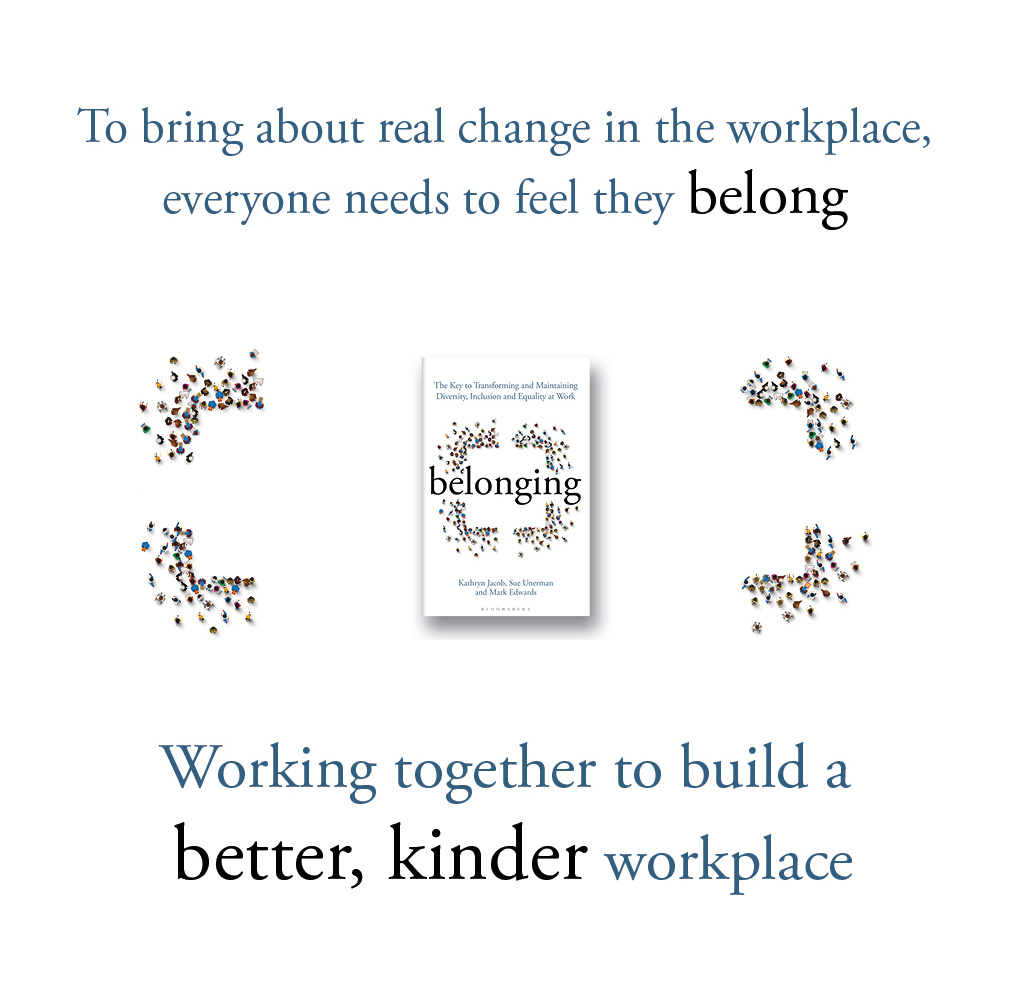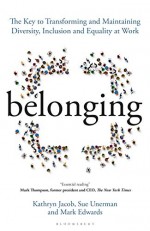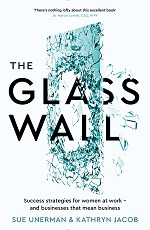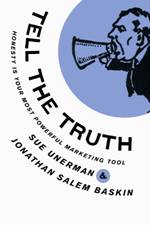
Despite more than £6 billion being spent on Diversity and Inclusion initiatives, the workplace is still full of inequality, prejudice, discrimination, marginalisation and harassment.
More than £6bn ($7.5bn) is spent on diversity and inclusion initiatives every year. There is very little evidence, however, that this expenditure in fact leads to increased diversity, especially at the top of business.
Newly published research (carried out in two phases, in early 2020 and then in late 2021) shows that – despite the huge focus on this area that followed the murder of George Floyd and the BLM protests – the workplace is still full of inequality and unfairness, prejudice and discrimination.
Almost one in three people in the UK have felt excluded or marginalized at work because of their beliefs, personal circumstances or identity.
However, this rises to:
• 54% of 18–24-year-olds,
• 46% of mums returning from maternity leave,
• over a third of BAME (black, Asian and minority ethnic),
• 52% of people who are registered disabled,
• and 50% who are neurodivergent.
One in three women expecting their first child have felt excluded in the UK.
Disappointingly many of these numbers have risen despite significantly increased spending by corporations on DE&I.
A deep dive into the marketing and pr sector is troubling.
As far as the proportion who have felt excluded is concerned this has risen between 2020 and 2021 from a third, to 41%.
The research further reveals:
- Only half the UK workforce think that the leader of their company takes personal responsibility for diversity. Its also true that half the marketing and pr workforce believe this too. However, this is a decrease from the statistics in 2020 when nearly two thirds had this belief.
- A third of people in the workplace find office banter uncomfortable. This rises to half of 18–24-year-olds in the UK; 37% of LGBTQ+ (lesbian, gay, bisexual, transgender, questioning or queer, and plus – other sexual communities) in the UK; and 38% BAME UK. 51% of our sector think this, and this too has worsened in the last year from under a third in 2020.
- One in three people feel that they can’t bring their whole self to work and that they cannot be truly open about themselves. And more women than men feel this is the case. And it stands true for our sector.
- Shockingly, one in four people have experienced bias, harassment or inappropriate behaviour at work. This rises to 39% of 18–24-year-olds (where there’s a sharp rise), 37% BAME, 49% disabled, 62%
neurodiverse, 43% of people diagnosed with mental illness, % of LGBTQ+ and 59% of women expecting their first child. The percentage of people in our sector who have personally experienced bias, harassment or inappropriate behaviour at work has risen from 42% to over 60%.
- One in three people have witnessed harassment, with similar levels across gender. It’s higher levels here: 52% under 24, 45% BAME, 59% disabled, 62% neurodiverse, 43% diagnosed with mental illness and 57% of the marketing and workforce.
Is there any good news?
Overall, 57% of the workforce feel comfortable at the moment to challenge this behaviour. This has grown slightly in the UK overall, and its good news for our sector where two thirds of workers in pr and marketing now feel safe to challenge. However there is much more to do.
The shocking lack of progress is revealed in Belonging: The Key to Transforming and Maintaining Diversity, Inclusion and Equality at Work, which was published in paperback by Bloomsbury on May 12 2022. The research was carried out specifically for the book by Dynata.
One in three people in the UK still don’t feel as though they belong at their workplace, and 37% of those who work in marketing and pr. This book is about addressing those issues head-on in a new way, not just by throwing money at the problem – which we can see doesn’t work – but creating change collectively throughout the organization that you work for.
It is now time for action. This is crucial in our sector where everyone is facing a talent crisis. This research re-inforces the importance of a new approach, such as that led by the Advertising Association’s Talent Taskforce.
Book Description
Belonging: The Key to Transforming and Maintaining Diversity, Inclusion and Equality at Work (published in paperback by Bloomsbury on May 12 2022) is a ground-breaking investigation into diversity and equality in the workplace, arguing that everyone needs to be an active participant in the conversation if any meaningful progress is to take place. It has been described by Esquire as “the most important business book of the year”.
About the Authors
Sue Unerman is Chief Transformation Officer at MediaCom, the largest media agency in the UK with over 200 clients. She is also the co-author of the bestselling book, The Glass Wall.
Kathryn Jacob OBE is CEO of Pearl and Dean, a cinema advertising company and co-author of the bestselling book, The Glass Wall.
Mark Edwards is a coach who trains businesses in diversity and inclusion, emotional intelligence and leadership. He is also the author of The Tao of Bowie.
(The research uses UK national figures and UK and USA marketing and pr figures for sample size robustness)



5 things I learnt at Cannes 2022
Friday, July 15th, 2022I won a free pass to Cannes this year, VIP, access all areas. You can win one next year – just enter The Brief #2 – exercise some creativity for good, and, if you have the luck of the draw that I did, meet some friends for life and become part of the exclusive Cannes 1954 club.
Because I won a free pass I was particularly keen to make the most of it, and attended 20 sessions, took over 70 pages of notes (many of which were written in the dark of the theatres, and so may or may not be legible), and watched many many campaign entries.
Here’s 5 things that I learnt at Cannes this year.
#1 The Metaverse has power for good.
I’ve been quite open, but maybe a little skeptical, but have learnt to appreciate more possibilities. RGA led a session where the possibility of the metaverse to allow people to be more themselves was brought to life: “From fixed identities to fluid”. Their research shows that many current users feel that their avatar allows them to be more themselves than they can be in real life. If this makes people happier, if you can try out different versions of yourself in a safe space and that helps your mental health and sense of Belonging, then let’s embrace it. Its also important that we all get involved – this is a new world of media and you, readers, need to make sure it’s a good one.
Mark Curtis, head of innovation at Accenture Song, explained that the intimacy of the metaverse can deliver a stronger connection to the imagination about big issues. He found that climate change impact had stronger meaning at Davos through this medium, and explained the huge impact on education via for instance the creation of a Favella in Roblox to explain different lived experiences to middle class kids.
#2 Be ambitious
The work that wins at Cannes in some respects simply blows your mind. And so it should. Some of the winning work has taught me that it is a trap to confine ambition to what seems possible. The media Grand Prix Sheba Hope Reef campaign took the purpose behind using sustainable fish in the product and extended it into using resource to make the sea itself more sustainable.
A small, pragmatic, and not quite against the law shift in one bank’s approach in Peru, has emancipated millions of women in this work for Mi Banco.
The mayor of London campaign firmly shifted the agenda from women keeping themselves safe to men taking action to behave better.
#3 Creativity feeds on speed, fun, punk energy and randomness.
David Guerrara showed us how important randomness is to creativity. The movie star and ad maker Ryan Reynolds told us “the enemy of creativity is too much time and too much money”, and to look to social media creators who make brilliant things out of thin air. Vicky Maguire raved about the punk energy she felt in Cannes this year: “we’re coming out fighting”. I also loved Vicky’s 3 words to sum up the role of a CCO: “Generous, generous, generous”.
#4 Context is (once again) queen
Nancy Smith of Analytic Partners demonstrated that context is a multiplier on media effectiveness with her ROI Genome – great to see the science backing up instinct and experience on this.
#5 Allyship isn’t enough, be an accomplice
Shelly Zalis founder of FQ states: “Creativity starts with diversity”. (This I already knew!). Then Adrienne C. Smith told us that allies in the workplace are not enough. You need accomplices – people who will support you and push for fairness and inclusion in every way there is, even if it means breaking some rules and some conventions (many of which need breaking). Love the idea of this, adding it to our list of roles you need to show up for others in your career. We’ve seen that diversity has not progressed fast enough. Don’t just be an ally, become an accomplice.
Finally – with the right stimulus – you never ever stop learning in our business.
Posted in MediaComment | Comments Off on 5 things I learnt at Cannes 2022